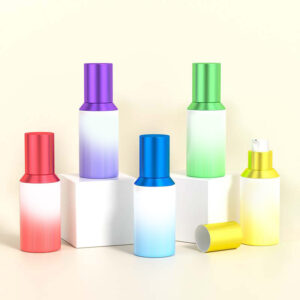
News & Blog
Great things in business are never done by one person. They’re done by a team of people. We have that dynamic group of peoples
In today’s competitive market, choosing the right packaging material for your product, such as glass vs. plastic packaging, can make all the difference. While plastic has long been a staple in packaging, glass is making a strong comeback due to its sustainability and premium feel. This article will delve into the advantages and disadvantages of glass packaging compared to plastic. Whether you’re in the skincare industry or looking for a more eco-friendly solution, this guide will help you make an informed decision.
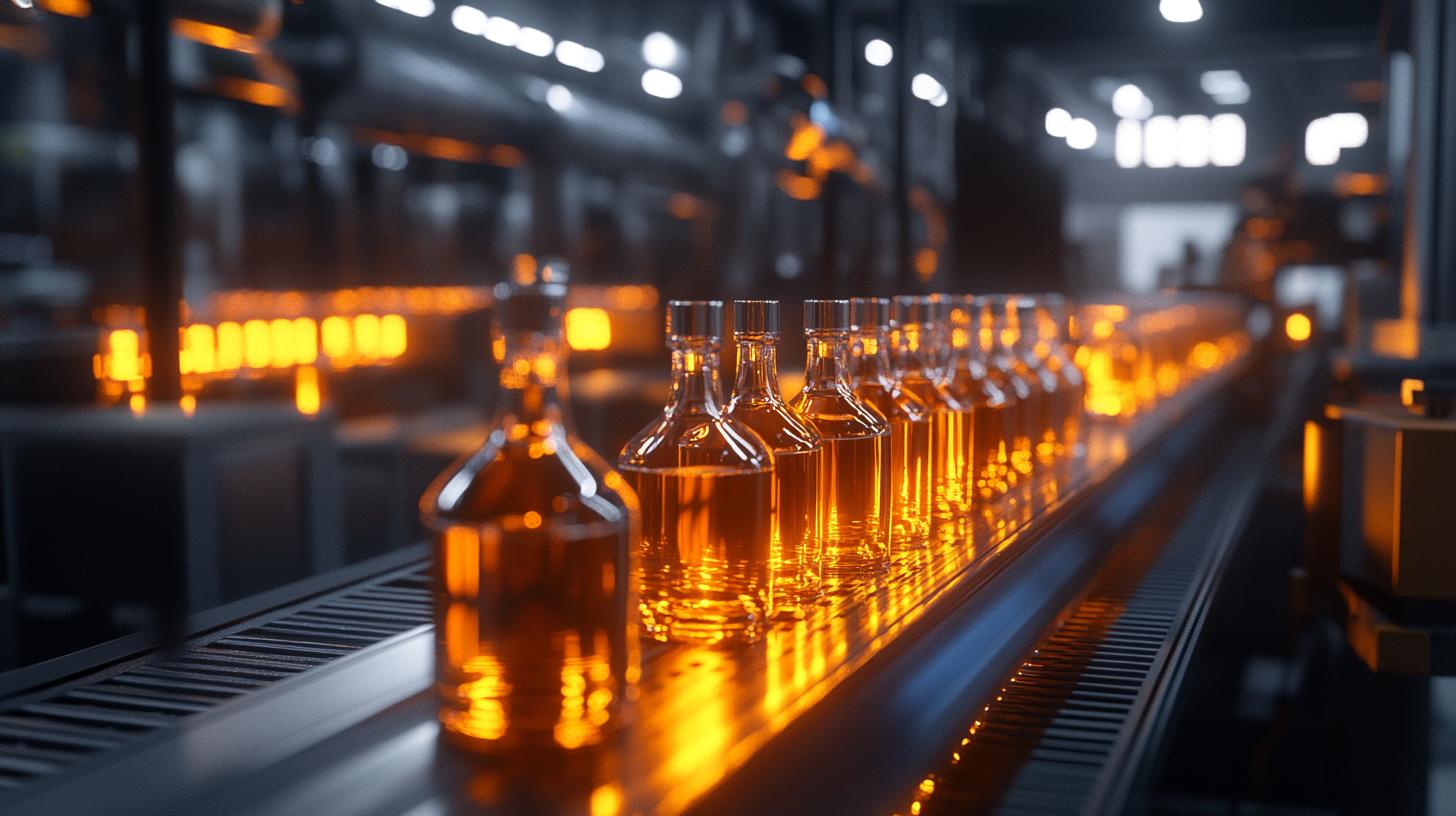
Glass packaging has been around for centuries, but is it the best choice for your product? Let’s explore the benefits and drawbacks.
Glass packaging refers to the use of glass materials to encase products, offering a clear view of the contents while providing a non-reactive and airtight seal. Its transparency and durability make it a popular choice for many industries, including food and beverages, cosmetics, and pharmaceuticals.
When deciding between glass and plastic packaging, consider the specific needs of your product and your brand values.
Both materials have environmental impacts, but glass’s recyclability gives it an edge in sustainability. However, the energy required to produce and transport glass should also be considered.
Glass can be recycled endlessly without degrading in quality, whereas plastic recycling is limited and can lead to downcycling, where materials are converted into lower-quality products.
In the skincare industry, the packaging is crucial not only for preserving product integrity but also for branding.
Glass is inert and non-reactive, ensuring that skincare formulations remain uncontaminated and potent. Its aesthetic appeal also aligns with the luxury and purity often associated with skincare products.
The main drawbacks are the weight and fragility, which can pose challenges in logistics and handling.
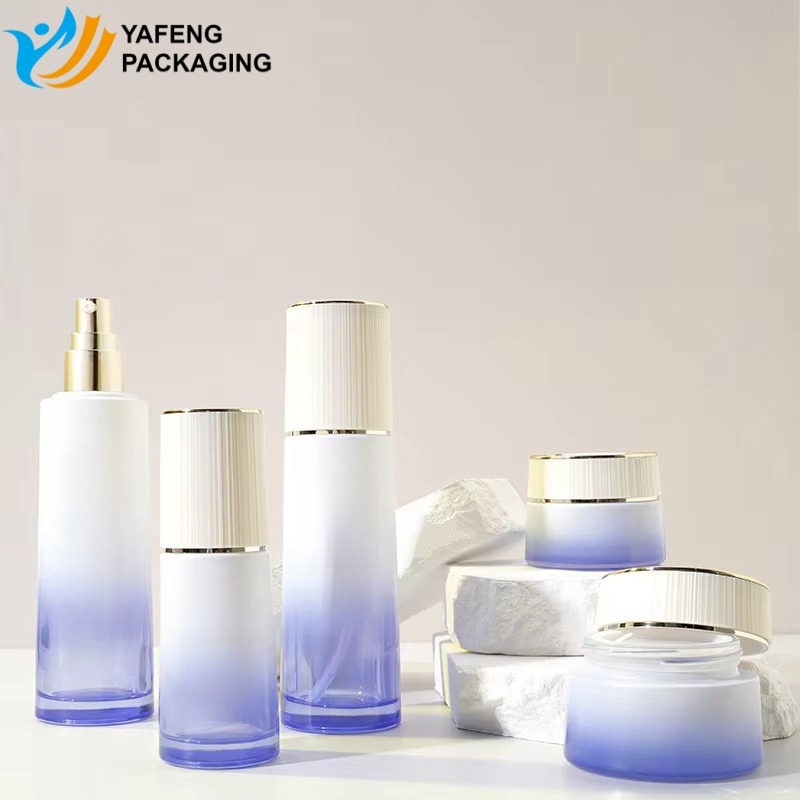
Choosing the right packaging solution involves balancing cost, aesthetics, functionality, and sustainability.
Essential oils require airtight packaging to preserve their volatile compounds, and glass is often the preferred choice due to its impermeability and non-reactivity.
Perfumes benefit from glass packaging, which prevents chemical interactions and provides a luxurious presentation.
Ultimately, the choice between glass and plastic packaging depends on your product’s requirements and your brand’s sustainability goals. Glass offers numerous benefits but comes with its own set of challenges.
For further insights and product options, explore our custom glass bottle solutions, or check out our Glass Bottle Skin Care from Direct Manufacturer.
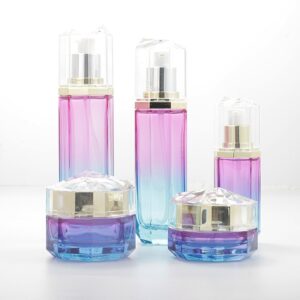
Discover how glass bottles are made! From raw materials to shaping and annealing, explore the fascinating manufacturing process of this everyday container.
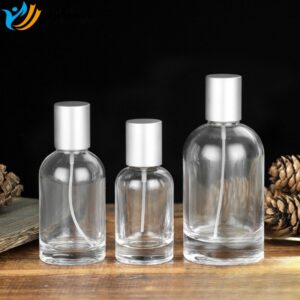
Discover if perfume bottles are recyclable & learn how to recycle or repurpose them. A guide to eco-friendly fragrance disposal & sustainable options.
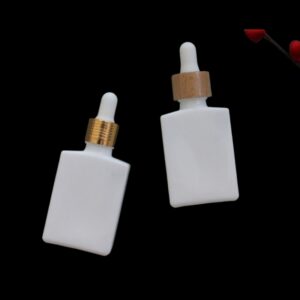
Discover the unique properties of opal glass and its applications in cosmetic packaging, enhancing product quality, brand image, and protection with elegant textures.
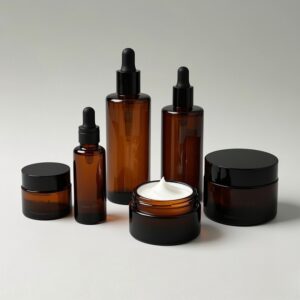
Amber glass bottles offer luxury, UV protection, and stability for beauty packaging. Learn about their production, quality control, and benefits for skincare brands.
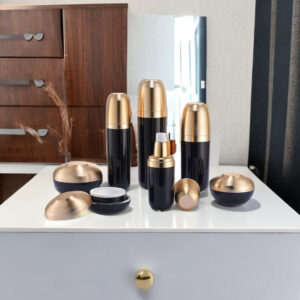
The beauty industry’s plastic packaging problem is significant. Explore challenges, recycling efforts, and sustainable solutions for cosmetic packaging.
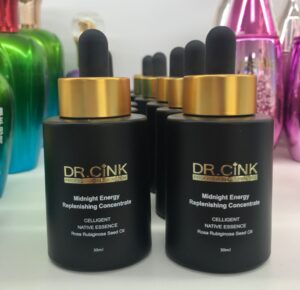
Explore screen printing and hot stamping for cosmetic glass bottles, including processes, defects, cost comparison, and tips for choosing reliable manufacturers.
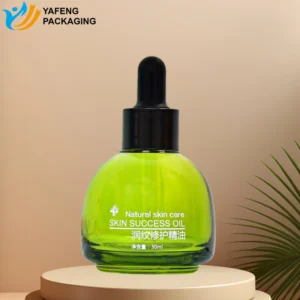
Discover how spray coating enhances skincare and perfume packaging by improving appearance, brand identity, durability, and safety with advanced technology.
Explore custom vs. stock bottles for skincare packaging. Learn how Yafeng’s solutions boost brand identity, quality, and efficiency in this in-depth guide.
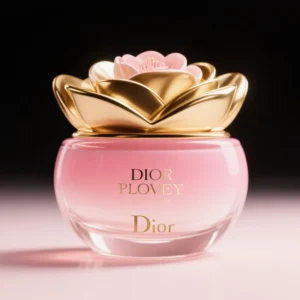
Discover how gradient color spray transforms cosmetic glass bottles, enhances brand image, and boosts product appeal with expert insights from Yafeng Packaging.
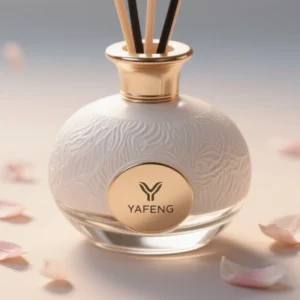
Discover how rattan aromatherapy works and why glass bottles are the best choice for long-lasting scent, safety, and sustainable, elegant packaging.
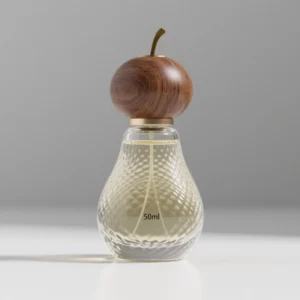
Discover the top 10 woods for perfume caps, comparing texture, pros, cons, and price to help you choose the best material for stylish, high-quality packaging.
WhatsApp us